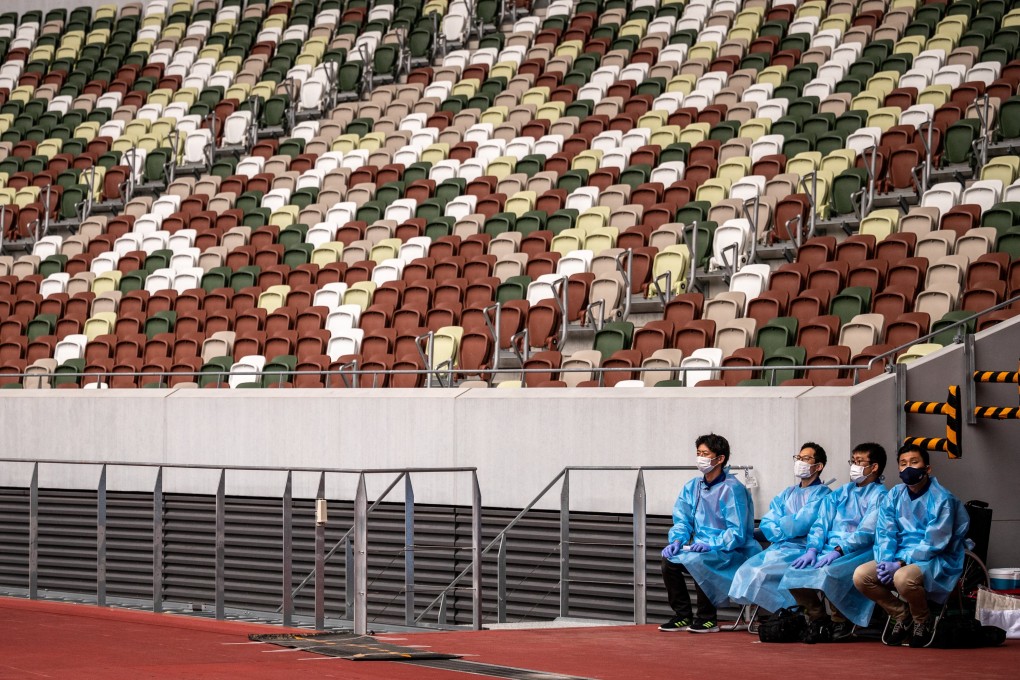Destinations known | Tokyo Olympics: how much will the lack of tourists and ticket buyers cost Japan?
- In a ‘normal’ year a surge of tourists could have helped Japan balance the projected US$3 billion bill for postponing the games – but that’s not going to happen
- Now that spectators will not be allowed at Tokyo-area events, hundreds of millions of dollars more will be lost from missing ticket sales

The year 2020 was always going to be a memorable one for Japan. Unfortunately, it turned out to be 12 months most would rather forget, hijacked and thrown wildly off course by the coronavirus pandemic. And while far from being alone in that predicament, it was the only country that had spent seven years preparing to host the Olympic and Paralympic Games.
When the postponement of the 2020 event was announced, some optimistically noted the additional symbolism of the rescheduled games coinciding with the 10th anniversary of the natural disaster. Then prime minister Shinzo Abe even went so far as to suggest it could be “testament to mankind’s defeat of the new virus”. Oh, how hopeful he was!
As we approach the starting line with a Covid-19-related state of emergency in place in Tokyo for the duration of the Games and with one quintessential element lacking from the Olympic equation in the Japanese capital – crowds – the Recovery Olympics is unlikely to be convincing. It will, however, be pricey.
“Organisers said last December that the entire cost of holding the Games would come to about US$14.4 billion, including US$2.8 billion in costs for the unprecedented postponement from 2020,” reported Reuters last month. Since then, the projected bill for postponement has risen to US$3 billion. Ouch! In a “normal” Olympics year, some of that outlay would be offset by an influx of tourists. Not so with this edition of the Games, which promises to be anything but normal.
